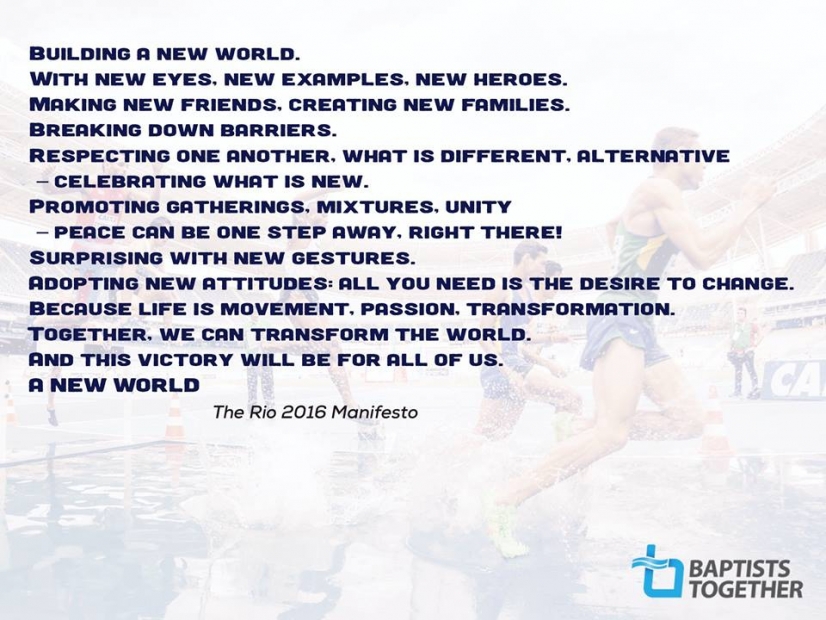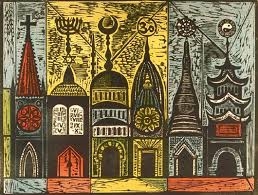Psalm 90:10 says
The days of our life are seventy years,
or perhaps eighty, if we are strong;
even then their span is only toil and trouble;
they are soon gone, and we fly away.
On Monday I spent a happy day visiting my Mum on her 80th birthday. When I arrived she was having her hair done and had already received a card and gift from the home; a birthday cake was organised, to which we were able to add some of my sister's finest home baking.
Sitting in her room, she opened her assorted cards and gifts, savouring each moment, before we went out to a local pub for lunch.
It was a "good day" for her. She seemed relaxed and content, accepting of her circumstances, grateful for the spacious room, good care and friendly staff. I think she had a happy birthday.
The words from the Psalm are not exactly cheery... even if we are fit and strong, even if we live to a ripe old age, life is characterised by struggle, suffering, pain, loss...
Certainly my Mum has experienced her share of sorrow, loss, pain, struggle, but she has also enjoyed her life, has precious memories that age has yet to steal (and reminders in place for when it does).
When we are young, I think we aspire to be old one day, not understanding what that actually means. To be 80 is to have already said farewell to many friends and relatives, to have confronted one's limitations and, all too often, to have surrendered at least a degree of independence (smaller, easier to care for homes, or adaptations, medical aids... the list is long). It is to have experienced disappointment as well as delight, to have learned unexpected lessons, to have loved and laughed.
I am pleased for my Mum that she reached this milestone - six years ago no-one could have predicted that she would. I am glad that she had a good day. I hope - and I pray - that however many more birthdays there may be, that "toil and trouble" will minimal, and love conquer all.


